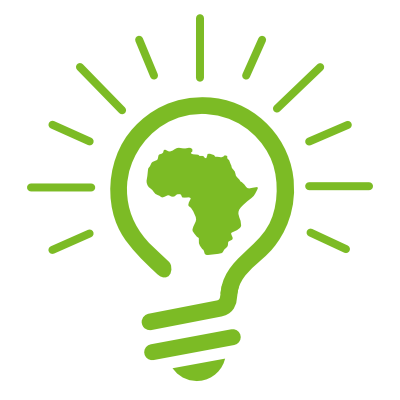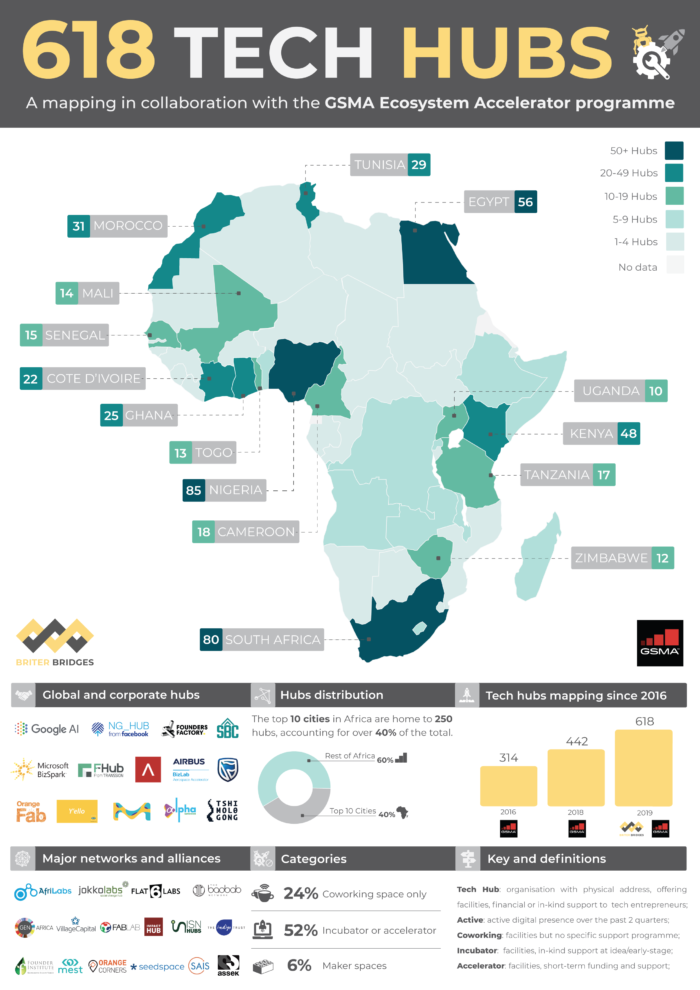COVID-19 has immensely affected the global economy. However, in-all-honesty, Africa’s economy has been struggling with excessive unemployment rates of the local labour-forces since before the pandemic -especially among the youth. At the same time, many external individuals, governments organizations and businesses have been flooding to the continent for the sake of investments; bringing along hefty financial backing from their respective origins.
Startups across Africa have been gaining momentum while indigenous demographics have been struggling to break into the business development and investment arena due to systemic gate-keeping rooted in the historical context of colonization. This was especially clear when the list of “Kenya’s startup faces” was publicized a few years ago and aptly received strong backlash due to the lack of representation of local talent. This lack of diversity and inclusion of the local talent at seats-of-power is symptomatic of the systemic conditions that continue to allow for a select few to participate in the formal economy while the majority populous struggles to make ends meet -living hand-to-mouth daily.
However, in recent years investors -both private and governmental, including non-profits and financial institutions, have been intentionally recruiting and nurturing local talent via startup incubators and entrepreneurship programs focused on increasing representation of local demographics, while encouraging economic development. Below are a few such programs and innovations that have made significant impacts in the way Africans, especially in Kenya, have been positively disrupting the status quo:
- African Women’s Development Fund (AWDF): invites applications from eligible African women-led organizations under its main grants programme. Funding themes/areas include: body & health rights, economic security & Justice, and Leadership, participation & peace. These frame AWDF’s current funding strategy Shaping Africa’s Future;
- Paxful’s Youth-Focused Global Entrepreneurship Program: to boost cryptocurrency education and build a pipeline of new crypto businesses across the world, and particularly, the African continent. young Africans are driving the transformation of their continent’s traditional and bureaucratic financial system to a more decentralized and transparent one by embracing digital currencies and technology development.
- RM and UNTAPPED Connect African Start-ups with Business Investors: addressed to young Africans from French-speaking countries, particularly Benin and Togo, who are looking for funding for innovative, productive, and profitable initiatives and projects. The framework for participation to the competition is available on the website.
- Africa Innovation and Investment Forum 2020: aimed at government agencies and their partners that have harnessed technology and innovation in the COVID-19 fight. These may include public-private partnerships in areas that need special attention (e.g. remote learning, service delivery etc).
- Innovate Now Accelerator Programme: Africa’s first Assistive Technology Accelerator was accepting applications until June 8 (June 15 for COVID-related innovations) from innovators across the African continent who are dedicated to developing mobile based technologies designed to assist people living with disabilities. This is a UK Aid-funded programme, which is run by Global Disability Innovation (GDI) Hub and AMREF. 2020 finalists are currently going through the 3-month accelerated startup program (July – sept 2020). Last year’s finalist included the following:
- Vision Vijana – a start-up that is building and training a network of youth to make vision testing, eyeglasses fitting and acquisition accessible at scale. Vision Vijana has so far carried out vision testing and eyeglasses fitting for more than 8,000 people in Kenya.
- Linccell Technology (formerly Linccell Kenya) – a personal electric mobility company headquartered in Kenya. We specialize in electric-powered mobility solutions for personal use. We design, produce and repair electric wheelchairs, bicycles and scooters.
- Hope Tech Plus – facilitates the integration of visually impaired people in all aspects of the society by creating tools and programs for empowerment.
- UTULAV toilet – the UTULAV toilet is a toilet designed to provide safe dignified sanitation to people who are physically challenged, the aged and sick. Our top priority is the achievement of access to safe, adequate and all-inclusive sanitation.
- TotoSci – developed the -AlexCane; an assistive device that increases the mobility of people who are visually impaired. AlexCane detects both static and moving objects for visually impaired people reducing anxiety and increasing productivity, independence, mobility and life. There is also an option to provide real time location to the caregiver or to better aid the user. This is a product from the TOTOSCI academy: a leading mobile STEAM academy with a curriculum that empowers learners to confidently embrace their bright future through innovation, creativity and imagination.
- Facebook Community Accelerator Programme: Following the call for applications in March 2020, 77 community leaders from around the world were chosen, with 12 selected from Sub-Saharan Africa.
- Bright Shiitemii, Mental360 (Kenya) – Mental 360 was started in 2016 to give youth a safe platform to learn about mental health and illness and to access affordable holistic solutions. It is a non-partisan non-discriminatory space where youth can grow their emotional wellness, grow their network and get peer support.
- Esther Mwikalii, Metta NBO (Kenya) – founded in 2015 as an entrepreneurs’ network with the goal of bringing together founders, policy makers and investors to collaborate.
- Lake Victoria challenge: This is a program housed within the Kenya Flying Hubs organization: We are a Kenyan robotics knowledge hub that focuses on solving local challenges and needs through the use of appropriate robotics & AI technologies.
- The Africa Innovation Fellowship by Women in Engineering and the Royal Academy of Engineering: awards the Africa Prize for Engineering Innovation and is a nine-month leadership & business development opportunity for female African innovators.
- EdTech Startups: Transforming Learning Experiences Across Africa: allows for mobile-based e-learning; quit fitting for the current quarantine disruption to traditional means of education.
- M-shule (2016)- the first adaptive, mobile learning management platform designed to improve performance for millions of primary school students across Kenya and Sub-Saharan Africa.
- Eneza Education (2011): an EdTech company that offers revision. and learning material via basic feature phones. Eneza Education has over 6Million users and 23% of them saw improved academic performance after learning with Eneza fir nine months.
- AWIEF startup incubator: a 12-month programme funded by the African Women’s Development Fund (AWDF) and supports 70 women involved in renewable and green energy production in Malawi and Nigeria; similar programs/grants are available for other African nations. The programme offers two components to be implemented in two phases consecutively:
- Startup Incubator: 30 women in each country (60 in total) supported in designing, refining and launching their renewable and green energy business ideas.
- Accelerator: 10 established renewable and green energy women-owned/led ventures (5 from each country) will receive entrepreneurial training and preparation for investment-readiness. The programme offers opportunity of accessing venture finance.
- Applications close on 15 August 2020 at 23:59 GMT.
- The Association of African Universities: organizes the African Research and Innovation Summit (ARIS) for Post Graduate Student Researchers in Africa.
- Africa.com: highlights Africa’s developmental need via weekly webinars on various topics of interest. Hosted a COVID-19 focused innovators business Pitch. Brilliant African Innovations Against COVID-19: A “shark tank” Style Pitch Competition.
- Africa Communications Week (ACW): premier gathering for communications professionals and thought leaders looking to impact the current narrative on Africa. ACW hosts a series of conferences, workshops and webinars around the world to encourage Africa focused communications professionals connect, engage and and impact Africa’s economic transformation through strategic communication.
- Cyber in Africa: media and communications startup focused on Africa’s cybersecurity culture and future outlook. Cyber in Africa frequently hosts virtual webinars for cybersecurity professionals
- Africa Engineering News (resources page): includes career searches and funding platforms for Africa-based startups.
The road ahead post-COVID quarantine is a long way to recovery. Nevertheless, the outlook seems promising given the above trend of strategic investment in the local people within respective communities. It is imperative, especially in this era of increased sensitivity and awareness of systemic oppression, that historically marginalized demographics have an active voice in key decision-making roles that affect their communities. It goes without saying every investor comes to Africa with their own agenda; some are genuinely altruistic while others have ulterior motives. Regardless of the intentions, it is crucial for African leaders to approach the negotiation table in similar fashion; with a unified vision for the betterment of Africa as a whole; one Africa united for positive systemic changes.



